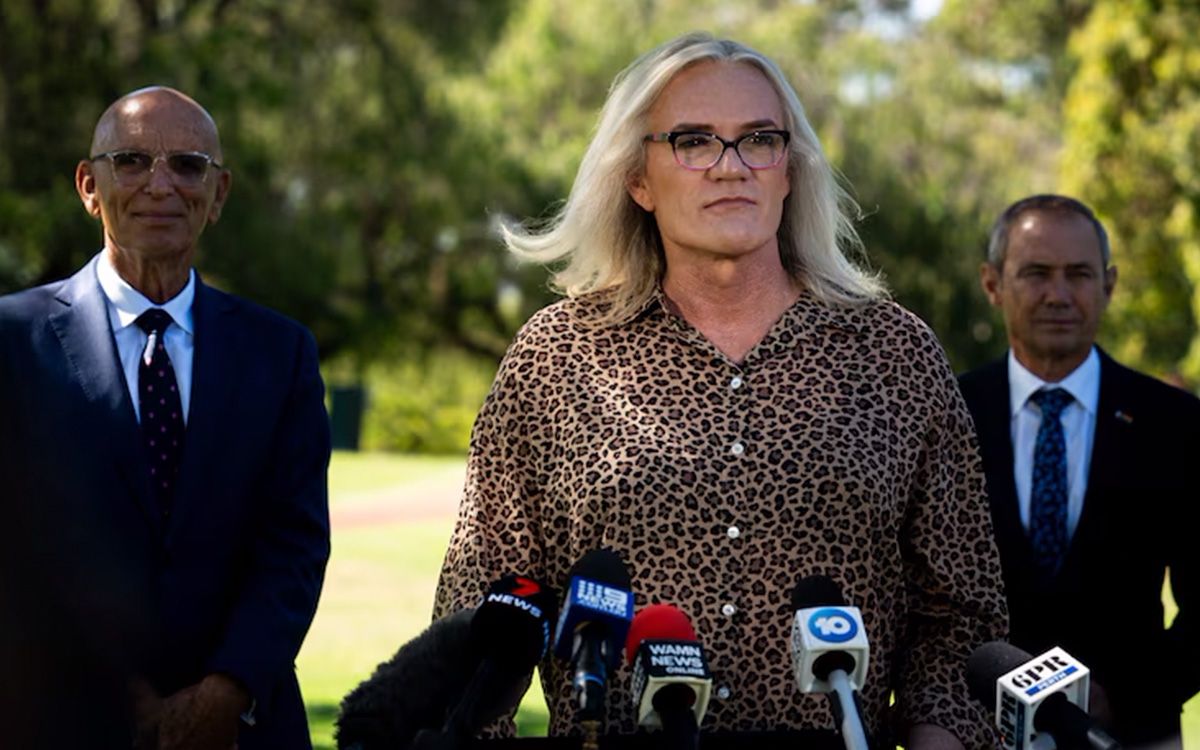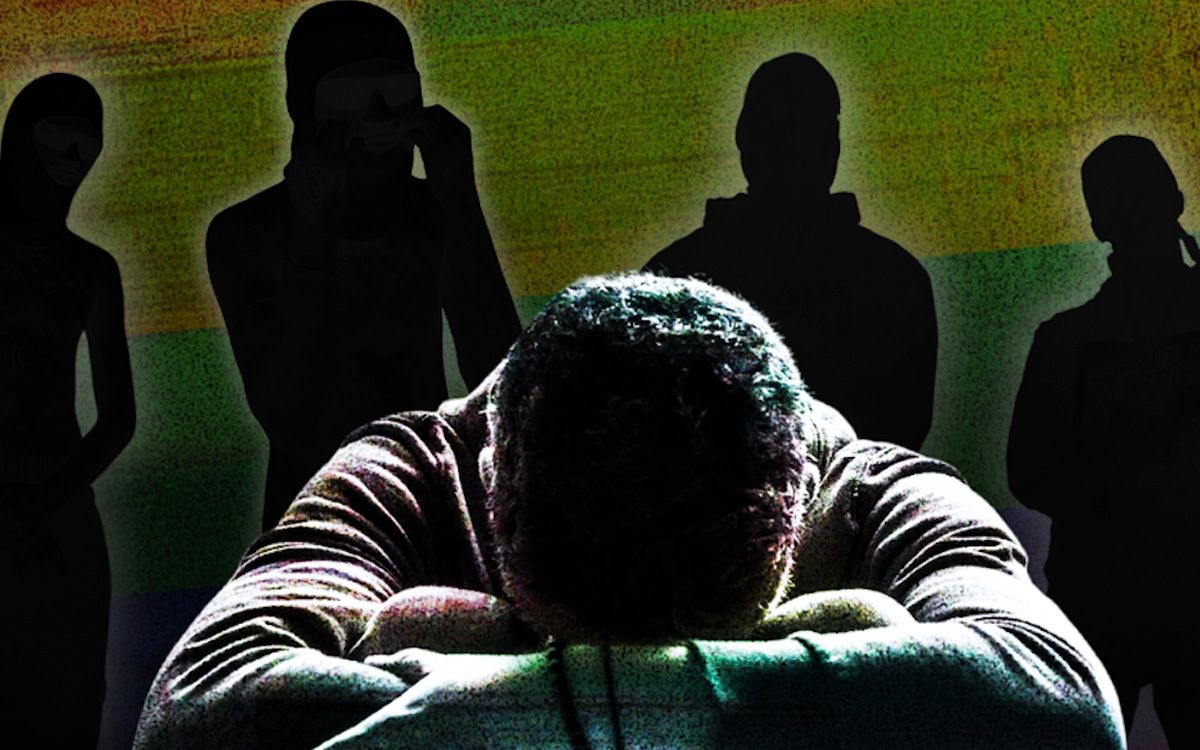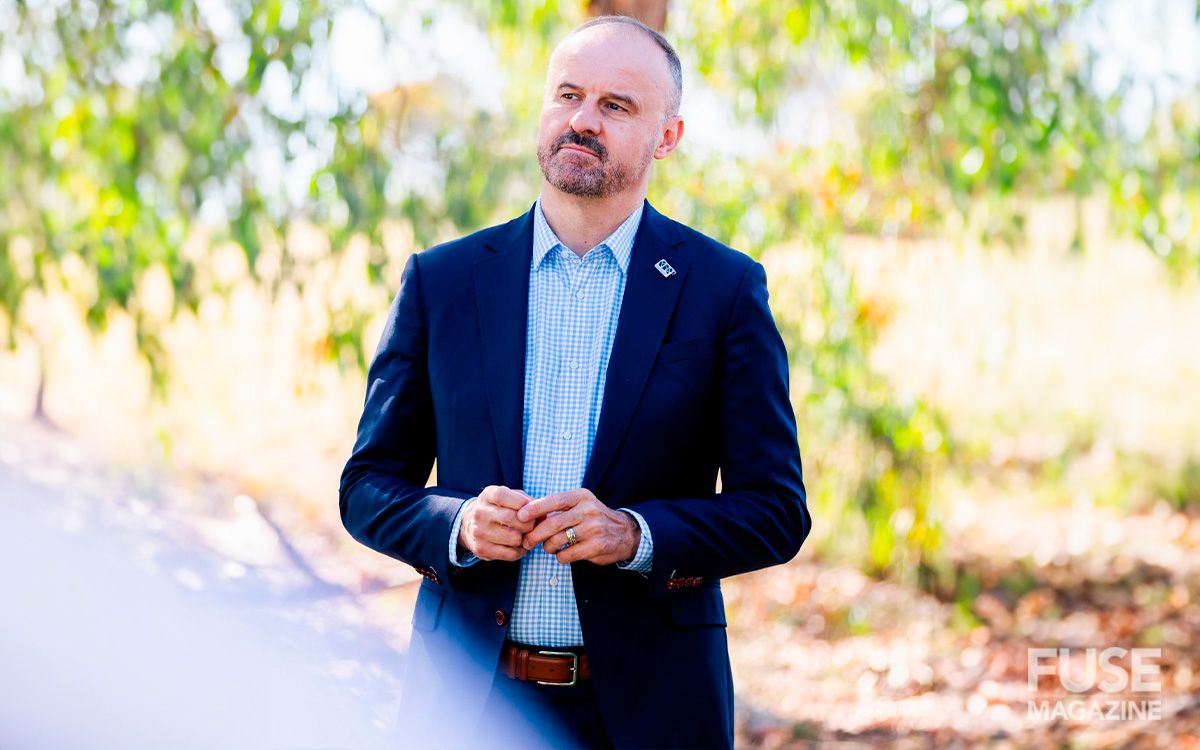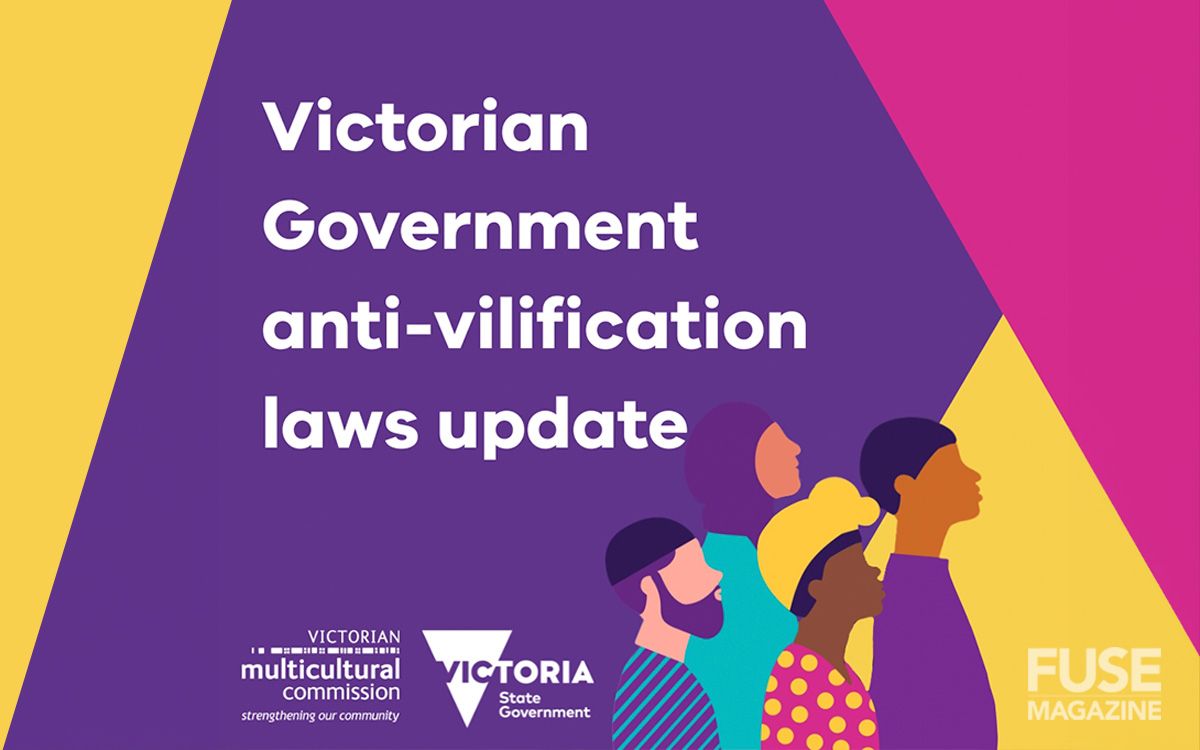New Gender Law Reforms Take Effect in Western Australia

The long-criticised Gender Reassignment Board has been officially abolished, streamlining the process for changing sex or gender on birth certificates and marking a significant milestone for LGBTIQ rights in the state.
For decades, Western Australians seeking to legally affirm their gender had to apply to the Gender Reassignment Board for a 'recognition certificate' before they could update their birth certificate. This process, unique to WA, was widely criticised as an unnecessary and invasive barrier, requiring applicants to justify their gender identity before a panel.
The Board’s abolition was recommended by the Law Reform Commission of Western Australia in 2018 and has been a longstanding demand from local LGBTIQ advocates.
Western Australia now has a simpler, more respectful process
Under the new laws, individuals born in Western Australia can now apply directly to the Registry of Births, Deaths and Marriages to change the sex or gender recorded on their birth registration. The previous requirement to appear before the Board has been removed. Instead, applicants need a statement from a doctor or psychologist certifying that they have received appropriate clinical treatment in relation to their sex or gender.
For adults, the process involves:
- Being 18 years or older and born in WA (or having their birth registered in WA)
- Providing a statement from a medical professional
- Supplying three forms of identification
- Ensuring no change of sex or gender has been registered elsewhere in Australia in the previous 12 months, or more than three times as an adult1
For children and young people, there are age-specific processes and safeguards, including requirements for parental or guardian consent and, for those under 12, a Family Court order.
Recognition beyond the binary
The reforms also pave the way for non-binary, intersex, or indeterminate gender descriptors to be recorded on official documents, reflecting the diversity of the LGBTIQ community and bringing WA in line with other Australian jurisdictions.
LGBTIQ+ advocates and organisations have welcomed the changes as “life-changing” and long overdue. Groups such as TransFolk of WA, Rainbow Futures WA, and PFLAG+ Perth have campaigned for years to remove the Board, highlighting the distress and delay it caused for those seeking legal recognition2. The new administrative model is expected to provide greater dignity, privacy, and respect for trans and gender-diverse Western Australians.
The new law includes specific safeguards for children and for certain classes of offenders, who must obtain approval from their supervisory authority before applying14. The process is designed to ensure that changes are made thoughtfully and with appropriate professional support.
With these reforms, Western Australia joins other states and territories in offering a more accessible and affirming pathway for legal gender recognition. Previously, WA and NSW were the only jurisdictions requiring evidence of medical or surgical reassignment for a change of sex on a birth certificate2. The new process is seen as a step forward for equality and human rights in the state.
For more information or to begin an application, individuals can visit the WA Government’s Registry of Births, Deaths and Marriages website. The LGBTIQ community and allies are celebrating this historic shift, which promises to make a real difference in the lives of trans and gender-diverse Western Australians.







